Graduate Researcher at the Learning Lab – CSULA
Role: Graduate Research Assistant
Timeline: 2017-2020
The Challenge
At CSULA’s Learning Lab, led by Dr. Ji Son, we explored how students learn and perform in STEM fields, particularly in math. My work focused on understanding how the design of math questions influences student processing and accuracy—insights that have real implications for teaching and learning. Beyond my thesis, I supported multiple studies that aimed to improve student engagement and success in higher education.
My Role & Contributions
– Conducted independent research for my master’s thesis on how the presentation of math questions affects student comprehension and problem-solving
– Worked as a paid graduate researcher on various lab projects, supporting data collection, analysis, and interpretation for studies on STEM learning
– Co-authored a study with fellow graduate researcher Alyssa Lawson, broadening our lab’s understanding of student performance in STEM
– Provided supervision and mentorship to undergraduate researchers, guiding them through research design, data analysis, and academic writing
– Played a key role in a multi-semester intervention project focused on increasing student engagement with university resources and reducing dropout rates, especially among first-generation students
– Analyzed intervention data each semester and iteratively refined strategies to improve outcomes, culminating in an intervention that successfully closed the gap in engagement between first-generation and continuing-generation students by the time of my graduation
Outcome & Broader Impact
– Contributed to a successful, cost-efficient intervention that significantly improved student engagement and retention, with a lasting impact on first-generation student success
– Helped build a lab culture that valued collaborative research and iterative improvement, supporting real-world impact beyond academic publication
– Provided mentorship to undergraduate students, fostering a supportive and research-focused environment that built confidence and curiosity
What I Learned
This experience deepened my understanding of how students process information, how question structure, cognitive load, and context can shape learning outcomes. I saw firsthand how small design changes can either support or hinder students’ ability to engage with and master new concepts.
At the same time, I learned that meaningful change in education goes beyond theory: it requires interventions that are feasible and cost-effective within real-world policies and systems. Our lab’s work showed me how to design low-cost, high-impact strategies, like our intervention that successfully closed the engagement gap for first-generation students, while also respecting the broader institutional landscape.
Ultimately, my time at the Learning Lab strengthened my conviction that rigorous research should center both the cognitive processes of learners and the practical realities of the systems they navigate.
Lawson, A., Mirinjian, A., Son, J. (2019). Can Preventing Calculations Help Students Learn Math?. Journal of Cognitive Education and Psychology, 17(2).
Lawson, A., Mirinjian, A., Son, J. (2018, April). Blocking the Compulsion to Calculate in Mathematics. Presented at American Educational Research Association, New York City, NY.
Mirinjian, A. (2020a). A FOCUS ON THE PROBLEM: HOW COMPONENTS OF STATISTICAL MATH PROBLEMS AFFECT STUDENTS’ PERFORMANCE. https://www.proquest.com/openview/cec2098967079a809c5a629f3371ffff/1.pdf?pq-origsite=gscholar&cbl=18750&diss=y

